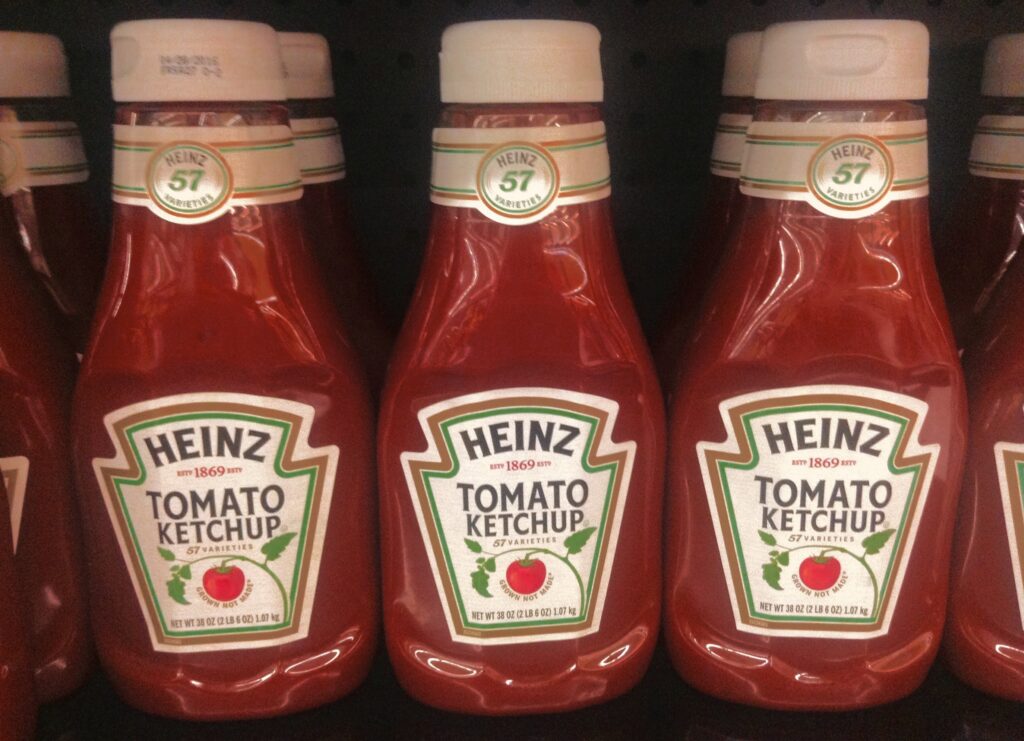With the possible exception of Israel, where the well-known brand has been informed that it can no longer be identified as ketchup.
As a result of a persistent effort by a competitor company, the product—which sells over two million bottles worldwide every day—has instead been relegated to the status of “tomato seasoning.”
It all began in January of this year when the nation’s top-selling ketchup producer, Osem, an Israeli corporation, sent an open letter to stores claiming to have tested the competitor brand.
They claimed to have “independently” tested Heinz’s product and discovered that, in contrast to the company’s declared 61% concentration, it only contained 21% tomato concentrate.
The letter, signed by Osem Trade chief executive Nizan Goldberg, stated: “The incorrect indication of tomato concentrate in the products severely misleads the Israeli consumer public and is a violation of the provisions of the law to protect consumers.”
It set up a verbal spat between Osem and Diplomat, the Israeli distributors of Heinz Tomato Ketchup.

Naturally, Osem, a monopoly, would be content if their goods could only be sold in Israel. However, Osem’s assertions are unfounded. A representative for Diplomat told Ynet in January that the organization is depending on a non-binding and unofficial standard.
However, the health ministry has now intervened and determined that Heinz does not have sufficient “tomato solids,” or paste, to be eligible for the label.
The Israeli daily Haaretz, meanwhile, claims that Diplomat is retaliating and has submitted its own documents, requesting a modification to the standard.
Heinz appears to have the support of the health ministry, which has merely stated that the Hebrew label needs to be changed.
The brand told Newsweek: “The word ketchup is indicated in English on the front of the bottle. While recognising that the Israeli standard for ketchup has yet to be brought in line with U.S. and European accepted international standards, the back label of our ketchup sold in Israel reflects current local requirements for ingredient labelling and the Hebrew name for the product.”